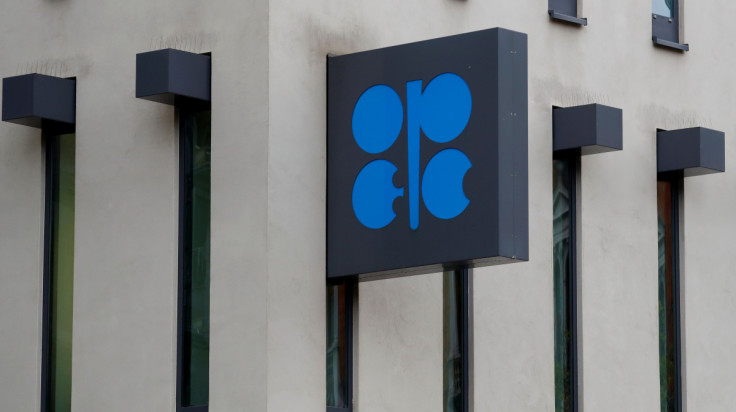OPEC+ supply cuts loom over tight oil market
OPEC+ producers look set to cut output when they meet on Wednesday, squeezing supply in an oil market that energy company executives and analysts say is already tight due to healthy demand, lack of investment and supply problems.

OPEC+ producers look set to cut output when they meet on Wednesday, squeezing supply in an oil market that energy company executives and analysts say is already tight due to healthy demand, lack of investment and supply problems.
The potential OPEC+ cut could spur a recovery in oil prices which have dropped to about $90 from $120 just three months ago due to fears of a global economic recession, rising U.S. interest rates and a stronger dollar.
OPEC+, which includes Saudi Arabia and Russia, surprised the market by suggesting output cuts in excess of one million barrels per day (bpd), sources from the group have said.
Saudi Arabia and other OPEC+ members have said they seek to prevent volatility and its stance has not been to target a particular oil price.
"Such a decision would be difficult to justify fundamentally, as the oil market suffers anything but a surplus," said Norbert Rucker, Julius Baer's head of economics.
"The petro-nations seem willing to exploit their power to artificially prop up oil prices, increasing the tensions with the oil consumers."
Top oil industry executives said oil consumption remains robust when the global oil market is already facing supply constraints.
Saudi Aramco's Chief Executive Amin Nasser said the oil market is not focusing on the fact that global spare capacity to raise oil production is very low.
"(The market is) focusing on what will happen to demand if recession happens in different parts of the world, they are not focusing on supply fundamentals," Nasser said at the Energy Intelligence Forum in London on Tuesday.
Shell Chief Executive Ben van Beurden, speaking at the same conference, said current prices do not easily translate into a shift in capital allocation given it can take decades for oil and gas projects to produce and start paying off.
Saad Rahim, chief economist of commodity trading house Trafigura, said economic pain may not dent demand as much as the market is expecting.
"All the different factors suggest, yes, we may be heading into a slowdown but it will be shorter and shallower than people are expecting," Rahim said at the Argus European Crude Conference in Geneva.
A big output cut by OPEC+ is likely to anger the United States, which has pushed Saudi Arabia to continue pumping more to soften oil prices and reduce revenue for Russia as the West seeks to punish Moscow for sending troops into Ukraine, which the Kremlin calls a special military operation.
Saudi Arabia has not condemned Moscow's actions amid difficult relations with the administration of U.S. President Joe Biden.
OPEC+ sources have told Reuters that Wednesday's meeting could result in output cuts of more than 1 million barrels per day, equivalent to about one percent of the global whole and its biggest output cut since the pandemic.
That figure might not include voluntary cuts by individual members, the sources have said.
OPEC+ has already struggled to pump at agreed levels due to underinvestment and past price falls.
Kuwait oil minister Mohammed al-Fares said on Tuesday the group would make a suitable decision to serve both producers' and consumers' interests.
(Writing By Noah Browning. Editing by Jane Merriman)
Copyright Thomson Reuters. All rights reserved.




















